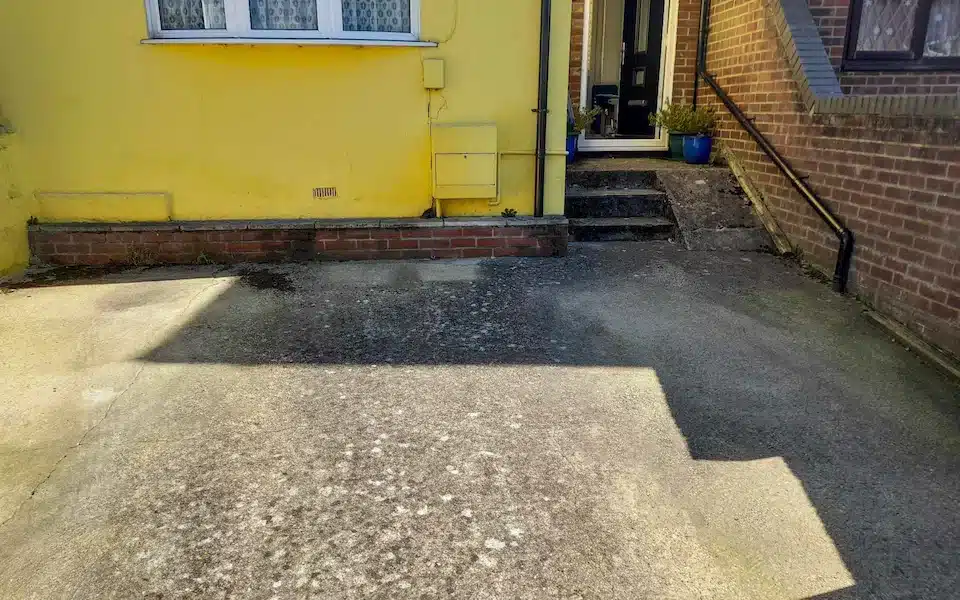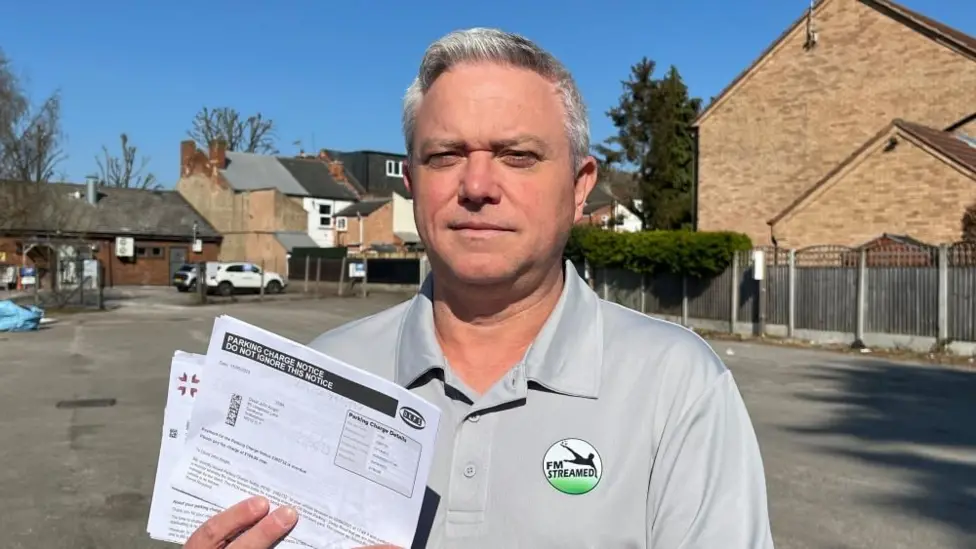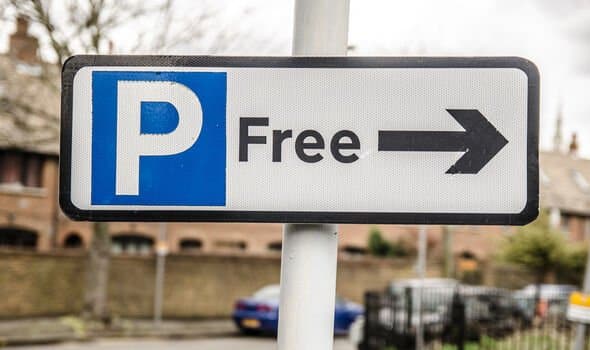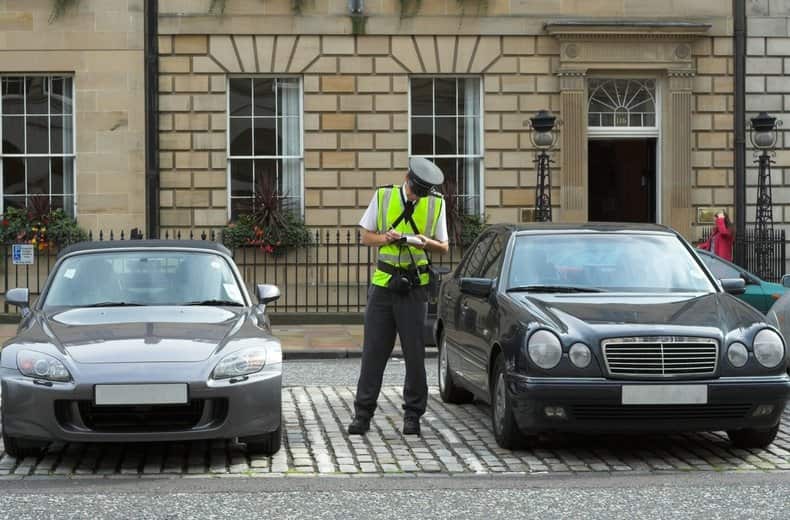Labour-Led Council Prohibits Pensioner from Parking on His Own Driveway


A Labour-led council has prohibited a pensioner from parking on his own driveway, citing regulations that deem it 50cm too short. Bob Howes, a 73-year-old resident of Southampton, Hampshire, had been parking outside his home for over 20 years before receiving an official notice instructing him to stop.
Council Enforces Driveway Parking Ban
Southampton City Council informed Mr Howes that he could no longer park on his driveway due to the absence of a legally required dropped kerb. In an attempt to comply with regulations, Mr Howes submitted an application and paid a non-refundable fee of £160 to have a dropped kerb installed. However, despite being willing to cover the additional £3,000 cost for the work, his request was denied.
Instead, Mr Howes is now required to pay £30 per year for a resident’s permit to park on the opposite side of the street—a busy road where finding a space is often challenging.
Strict Council Regulations Leave Residents Frustrated
Mr Howes and his wife Dawn, who have lived in their Southampton home since 1984, expressed their frustration and embarrassment over the situation.
“We have off-road parking, yet we have to explain to our neighbours why we’re no longer using it,” Mr Howes stated. “It’s ridiculous.”
Under current regulations, motorists can face fines if they park across a pavement or verge without an authorised dropped kerb. The enforcement of these rules varies by council, with some penalties reaching as high as £1,000.
Mr Howes' application was denied because his driveway measures 4.3 metres in length, falling just short of the council’s minimum requirement of 4.8 metres. His Hyundai i10, however, is only 3.6 metres long—well within the available space.
“If I have to keep paying £30 a year for a parking permit, it would take decades before the council receives £3,000,” Mr Howes remarked, referring to the cost of the dropped kerb he was willing to install.
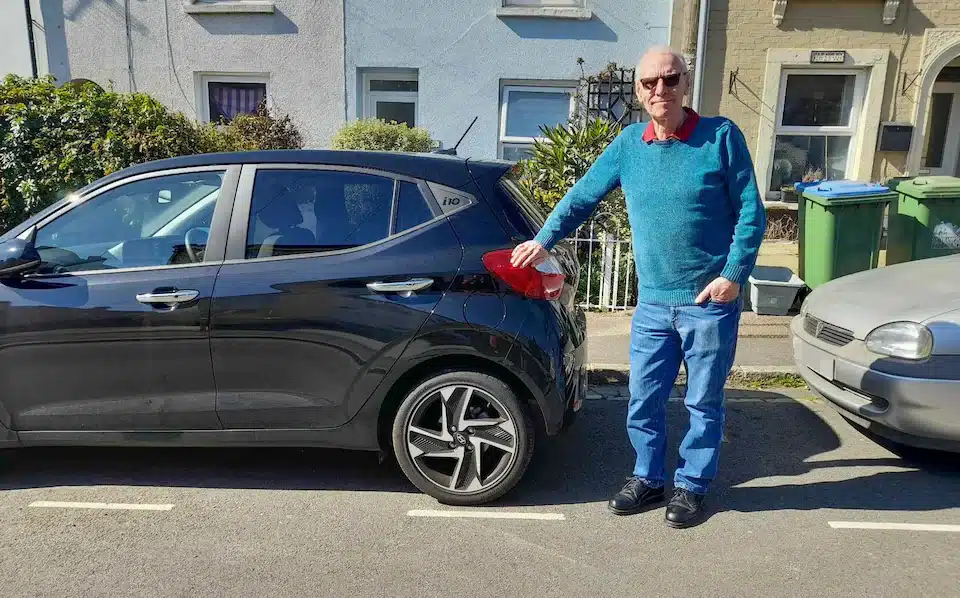
Council Justifies Decision
Councillor Eamonn Keogh, Cabinet Member for Environment and Transport at Southampton City Council, defended the policy, stating that the minimum space requirements are in place to ensure pedestrian safety and accessibility.
“The regulations are designed to allow all users of the highway, including pedestrians, parents with pushchairs, and individuals with mobility aids, to move safely and without obstruction,” said Cllr Keogh. “The minimum length requirement ensures that the average estate car, which measures 4.7 metres, and the average car length of 4.4 metres can fit without overhanging the pavement.”
Other Residents Affected by Similar Rules
Mr Howes is not the only pensioner to be affected by such restrictions. In August last year, 78-year-old Ed Fisher faced a similar ban after parking on his driveway for 50 years.
Speaking to MailOnline, Mr Fisher expressed his frustration: “We have to pay for the dropped kerb ourselves, which isn’t fair. It feels like the council is just trying to make money out of us.”
Earlier this year, Lambeth Council, another Labour-majority authority in South London, identified over 200 properties where motorists were parking illegally without a dropped kerb. Affected residents were informed that they would need to pay an estimated £7,000 to install a dropped kerb, including a £4,000 application fee. The enforcement of these new restrictions could generate up to £1 million in revenue for the council.
Are These Charges Justified?
The controversy over dropped kerb regulations has sparked debate over whether such charges are fair or simply a way for councils to generate income. Critics argue that enforcing these rules disproportionately affects elderly and long-term residents who have been parking on their driveways for decades without issue.
Supporters, however, argue that strict adherence to parking regulations is necessary to maintain road safety, prevent pavement obstruction, and ensure pedestrian accessibility.
What Are the Rules Around Dropped Kerbs?
Under UK law, property owners must obtain council permission before constructing a dropped kerb. The process typically involves:
- Paying a non-refundable application fee (costs vary by council).
- Ensuring the driveway meets minimum length requirements (usually between 4.5m and 5m, depending on local regulations).
- Paying for the installation, which can range from £1,500 to £7,000 depending on the location and work required.
Failure to comply with these regulations can result in fines, parking restrictions, or legal enforcement action.
What Can Affected Residents Do?
For homeowners facing similar issues, there are several possible courses of action:
- Appeal the Decision – Some councils allow appeals if residents can demonstrate that their vehicle fits within the available space without causing an obstruction.
- Seek Alternative Parking Permits – While not ideal, some councils offer discounted permits for affected residents.
- Lobby for Policy Changes – Residents can petition their local council or work with local councillors to push for a review of the current regulations.
- Consult Legal Experts – In some cases, residents may have grounds to challenge the ruling legally.
The case of Bob Howes and other pensioners facing similar restrictions highlights the growing frustration among UK homeowners regarding strict parking regulations. While councils argue that such rules exist to protect public access and safety, many residents feel that the enforcement measures are excessive and financially burdensome.
As debates continue over the fairness of dropped kerb requirements, affected motorists are left wondering whether they will ever be able to use their own driveways again without facing hefty costs and bureaucratic roadblocks.
Posted on 20 March 2025

